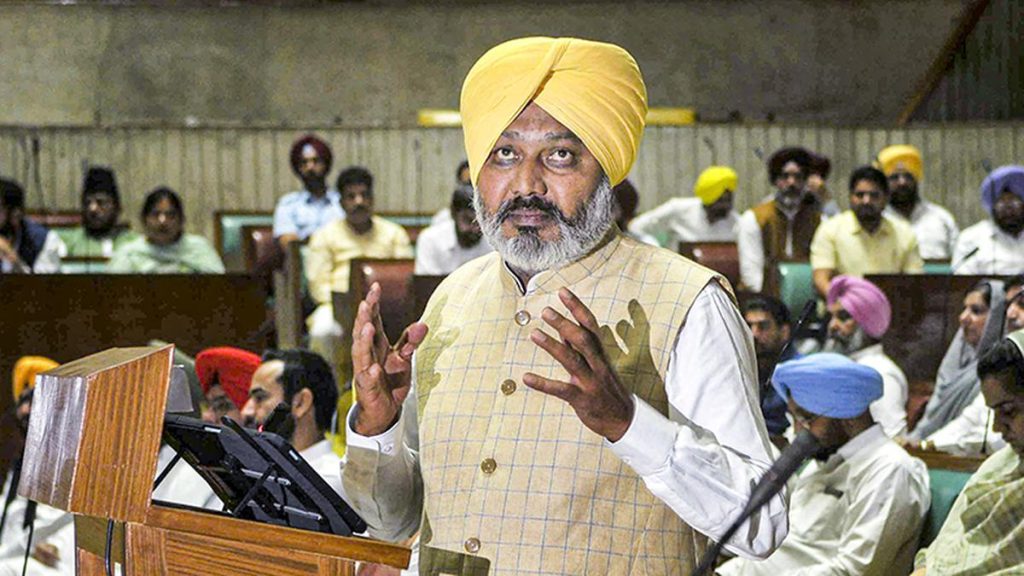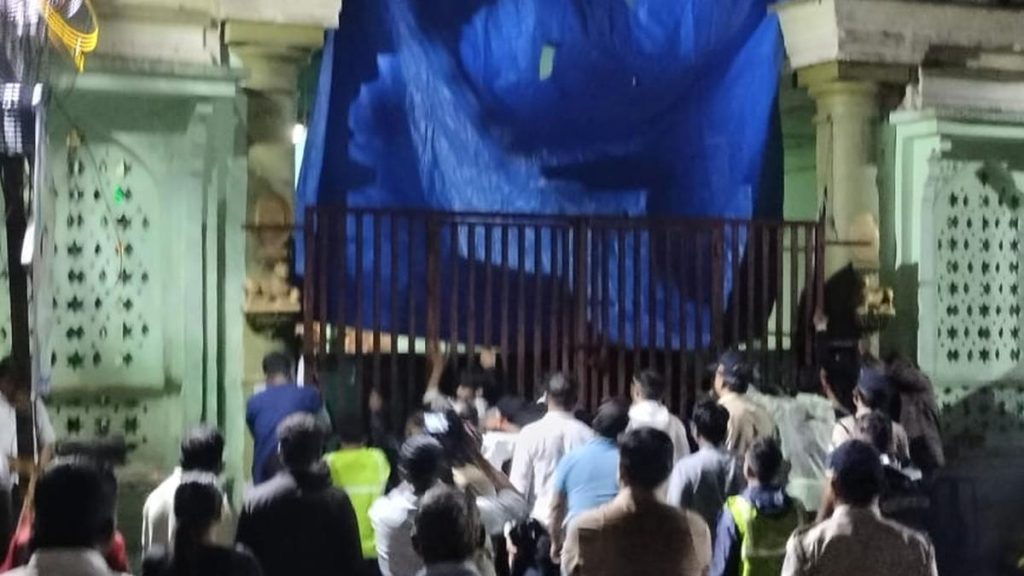Now Reading: MSMEs in Mysuru Highlight Infrastructure, Power, and Road Challenges
-
01
MSMEs in Mysuru Highlight Infrastructure, Power, and Road Challenges
MSMEs in Mysuru Highlight Infrastructure, Power, and Road Challenges

Quick Summary
- Event: Interaction meeting held in Mysuru by the mysore District Small Scale Industries Association (MDSSIA) and Karnataka State Small Scale Industries Association (KASSIA).
- Participants: Entrepreneurs, industry body representatives, and government officials.
- Key Issues Identified:
– Poor road conditions in industrial areas like Koorgalli and Hootagalli.
– Frequent power outages impacting production schedules for SMEs.
– Lack of new industrial estates in Mysuru for nearly three decades, limiting investment opportunities.
– Decline in local procurement as large manufacturers outsource components from outside Karnataka post-Covid, reducing business opportunities for Mysuru-based SMEs.
– Uncertain property tax assessments by the Karnataka Industrial Areas Growth Board (KIADB).
- Proposals Discussed: Entrepreneurs explored creating private industrial estates to address demand for serviced plots.
- Government response: The Mysuru District Joint Director of Industries acknowledged the challenges and assured efforts to escalate concerns to higher authorities while stressing on continuous dialog.
Indian Opinion Analysis
The interaction highlights systemic issues affecting SMEs’ viability in Mysuru’s industrial sector-critical infrastructure gaps like poor roads and unreliable power supply directly impede productivity, especially given SMEs’ dependence on stringent delivery timelines. Additionally, the absence of new industrial estates over decades is a notable barrier that limits growth potential and external investments.
The declining preference among large manufacturers for local suppliers raises pressing concerns about long-term sustainability for local entrepreneurs. This trend has compounded economic setbacks since Covid disrupted supply chains while eroding conventional business linkages vital to regional MSMEs.
Looking forward, practical solutions such as enabling private estate creation may boost industrial productivity if complemented by targeted policy support from state authorities.Strategic intervention is essential starting with infrastructure enhancement initiatives alongside fostering collaboration between industries associations and government bodies-a framework essential not just for regional development but also broader economic resilience within Karnataka’s manufacturing ecosystem.Read More: Link























